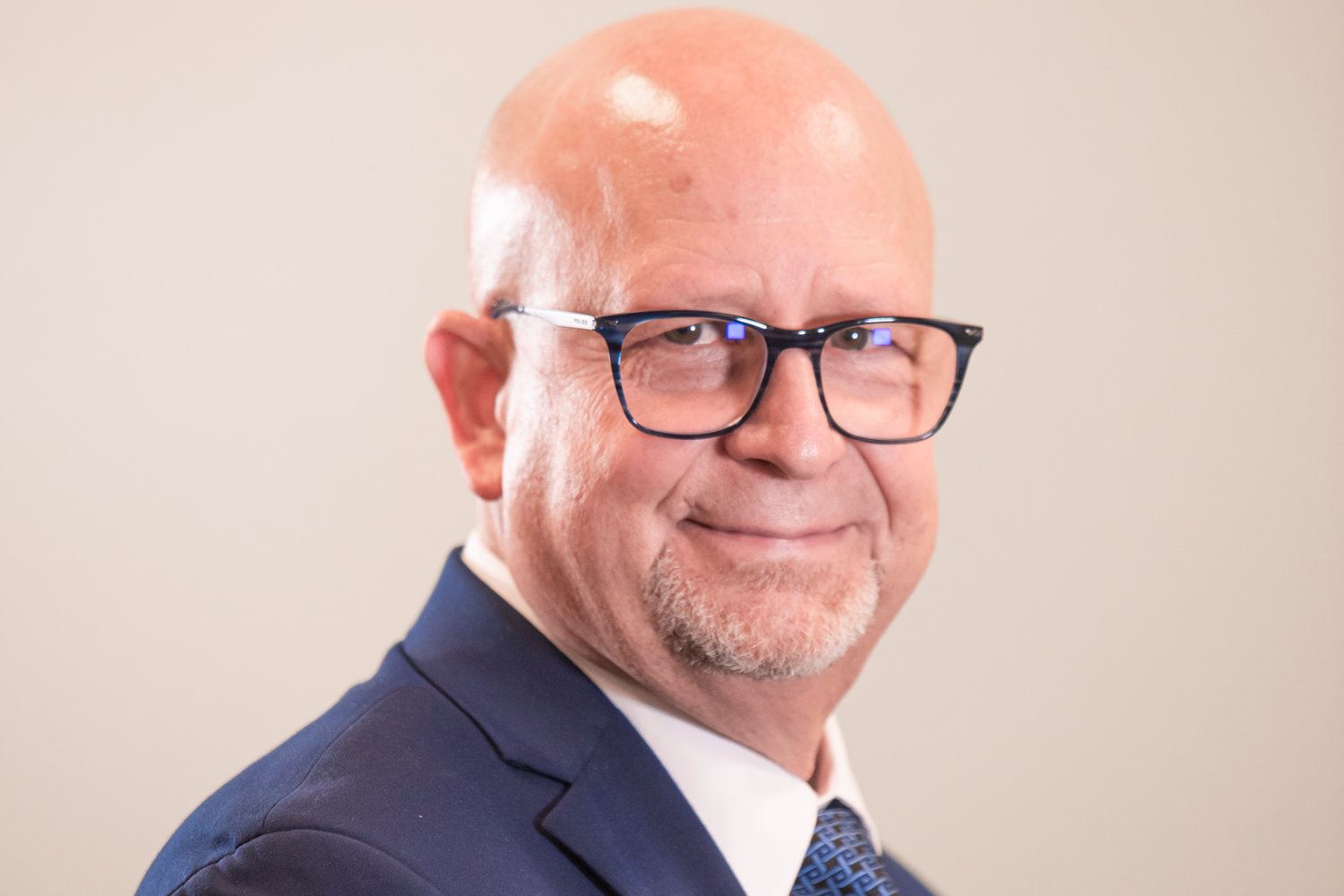By Dr. Richard Stride

Click here to access article.
My grandma on my mother’s side had a favorite saying: “what cannot be cured must be endured.”
As a child, I never really liked it when she would tell me that because it usually meant I wasn’t getting what I wanted. I’ve been thinking about my grandma lately. I have to say the women in my family have always been very strong, sometimes stubborn, very practical and always — well mostly — no nonsense.
My grandma, before she passed away, left all her grandchildren a little money and her life story. When I called to thank her for the money, she told me she wanted to give it all away before she passed.
My grandmother had leukemia. She had already decided she didn’t want treatment. I never really knew why, but she didn’t. A few months later, on a Sunday morning as she was getting ready to go to church, she told my mom and my sister that she was tired and wanted to lie down.
She laid down on her bed and passed away that morning a couple of hours later. My grandma — strong, level headed, stubborn, deeply religious — had outlived two husbands and raised seven children (my mom being the youngest). She was gone, just like that.
Grandma was a child of the 1920s. She was born in Protection, Kansas, in 1914. She died in Grand Junction, Colorado, in 1990. She married my grandpa in September of 1931 when she was 17 and he was 28. She married during the Great Depression (1929-1933).
My grandpa was a dairy farmer. He, my grandma and the children who were old enough milked the cows every morning and delivered milk to the surrounding community in the afternoon. My grandpa continued to deliver milk during the Great Depression, even to those who could not pay.
My grandparents were not well off by any means, but they had food and they all worked.
The saying, “what cannot be cured must be endured” is a quote from Robert Burton’s book “The Anatomy of Melancholy.” I never knew where my grandma got the quote until I discovered it in Burton’s book.
As I thought about the quote, and what it might have meant to my grandma, I realized that my “no nonsense” grandmother never complained about anything. I mean literally, nothing.
She was not always a glass half full person, but she never, ever looked at tragedy as the end.
In her life story you got a peek behind the curtain of this no “hogwash” woman.
As she is explaining the circumstances of her raising her seven children, she says, “even though I didn’t always say it I hope all my children realized how much I loved them.”
She had a hard time expressing feelings and probably viewed the expression of feelings as weakness.
I wish I could have told her that it’s OK to express what you feel, but I never got the chance. There is another memorable, deeply touching passage in her life story.
The passage is about a mother mouse.
As my grandmother tells the story, “mice were always a problem on the farm and in the farmhouse. We did our best to rid the house and farm of these nasty vermin. One early morning I was in the kitchen and noticed a mouse running across the floor. I went to get my broom to kill it. When I got my broom there it was again, scampering across the floor, but this time it had a baby mouse in its mouth. This little mother mouse paused, and just looked at me for a moment, as if to say, ‘go ahead do your worst,’ then it ran to the other side of the kitchen. I was astonished to say the least. But what happened next was even more astonishing. I watched as this little mother mouse run three more times across the floor and retrieve three more babies all the while looking at me. I couldn’t bring myself to kill it. I thought if this little mouse was brave enough to risk being killed to retrieve its babies, it deserved to live.”
The story made me well up with tears as I envisioned this little mouse braving death, my grandmother standing there, broom at the ready, but stubbornly, and bravely, scampering across the floor time and time again to rescue her babies. My grandma, being the type of person that she was, admired bravery, perseverance, tenacity and hard work. It appears the little mother mouse reflected all of that to her. As I said, my grandmother rarely showed feelings, but here, from her own hand, was a rare glimpse of her caring heart.
Now back to her favorite phrase.
I see now that she used the phrase to convince herself that she could make it through anything. Extreme loss, horrific financial times, and at times, I am sure, struggles with depression. I find myself thinking about that phrase today in my own life. I take solace in the fact that sometimes I may not be able to do anything about some things I wish I could change. But just like grandma, I can endure it. Maybe you need to hear that as well.
Maybe we all need to hear the message, “what cannot be cured must be endured.”
It means you, me and everyone else will make it just like the little mother mouse if we endure. Persevere, keep going and don’t give up, even in the face or seemingly certain tragedy.
•••
Richard Stride is the current CEO of Cascade Community Healthcare. He can be reached at drstride@icloud.com.
